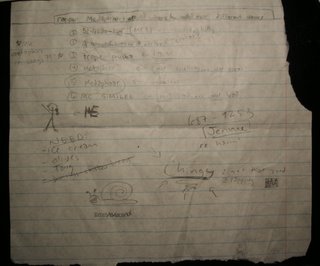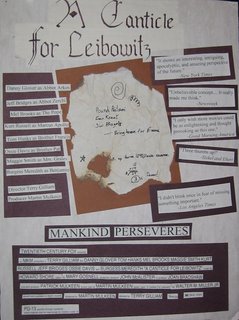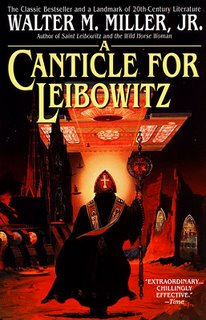"Was für Hose ist die?"
-Austrians. Scared, bewildered Austrians.
I risk losing the friendship of my Austrian acquaintances with the following admission but I must declare it: I am actually pretty down with Turks in Austria. I am talking, of course, about Turkish males (they don’t see fit to let the women out that often). As with most things in life, it comes down to pants. For it is the Turks and I who alienate ourselves, strangers in a strange land, from the hegemonic cultural mode: the Culture of Fine-Pants. The Teutonic men of Austria are not to be found wearing anything but the finest pantwear—blue jeans and slacks of a very distinctive and conservative cut, be it a Sunday jaunt with the family, a quick trip to the Tobacconist, or a grocery run.
Not so swarthy and unwelcome children of Islam, not so Kevin! No, the Turks, me and the Turks, we take the Wrench of Anarchy and heave it into the well-oiled machine of Austrian society by daring to wear Leisure-Pants. Leisure-Pants! A day of strenuous errands? Hold on, let me put on my sport-pants. Heading to the bar? One moment, I gotta put on my hot-pants. Ah, we’re gonna take a walk in the hills on a sunny day? Just a sec, I must throw on my short-pants. It is no coincidence that when I pass a Turk on the streets of my little provincial town, we lower our guard and give each other the man-nod. Indeed we have just held a dialogue of the most transcendent sublimity, if not a dialectic (our dialectic would only progress thusly: “thesis – thesis – thesis”; that is, “Leisure-Pants. Leisure-Pants? Leisure-Pants!). What we are both saying, and saying only with our pants, may be translated into Mulkeenian English as “Hey. I see what you’re doing. And I like it.”





